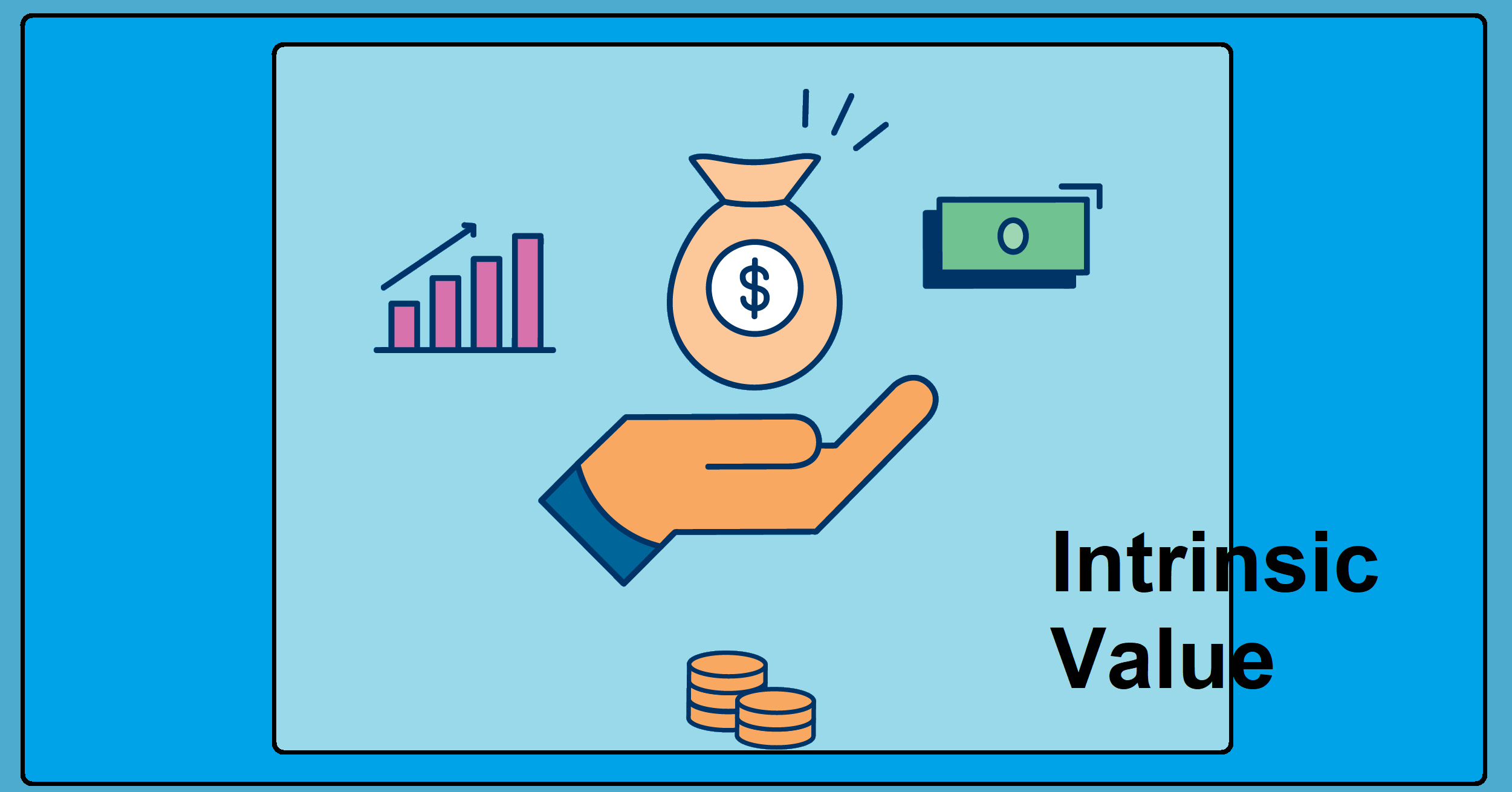A type of invoice finance where a company sells part or all of its outstanding invoices (accounts receivable) to a third party (known as a factor or factoring company) as a means by which it aims to improve its cash flow and revenue stability. A factoring company will pay a percentage of the invoiced amount immediately (e.g., 80%- 90% of stated value), then collect payment directly from the debtors (customers on credit). The difference between the stated value of the invoices and the selling value (the value or price for which these invoices are sold) constitutes the discount amount.
Invoice factoring is an alternative financing that involve the sale of invoices prior to maturity date for immediate cash. The main parties to such a transaction are the seller (the company or business), the debtor (the company’s customer) and the factor (factoring company).
Invoice factoring is usually carried out in five steps:
- The seller provides a service or delivers a product, then raises an invoice to the customer (debtor).
- The seller submits that invoice to the factor for funding (anytime before maturity).
- The factor pays a certain percentage (80-90%) of the invoice value to the seller.
- The debtor sends their payment to the factor under the seller’s name.
- The remaining percentage of the invoice value is released to the seller, minus a factoring fee.





